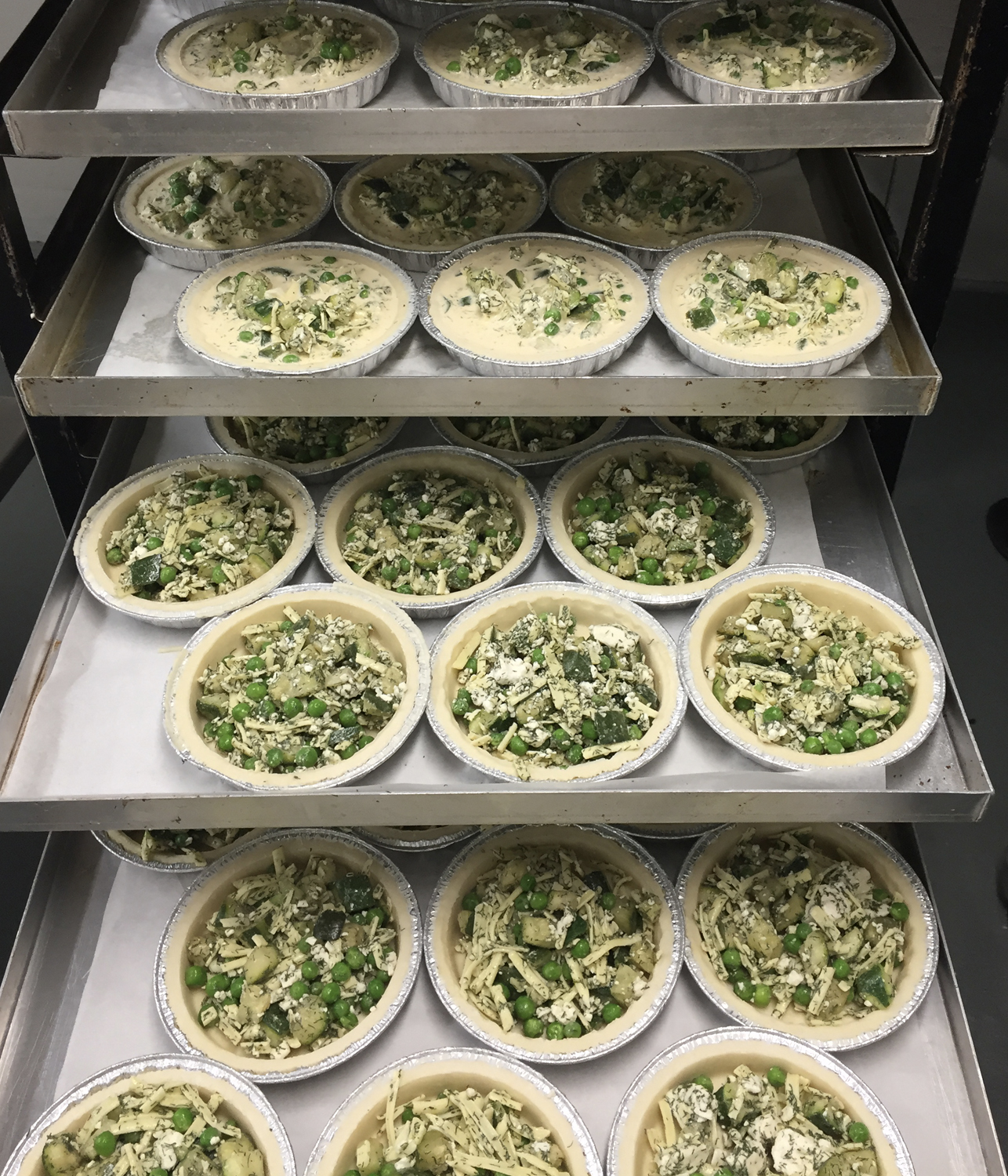Introduction
Private label specialty foods have become significantly prominent in the retail market. With customers looking for distinct and high-grade products, private tag foods provide a scrumptious service that pleases their taste buds and fulfills their assumptions. In this post, we will explore the globe of exclusive tag foods, from their production to their influence on both retailers and consumers.
The Surge of Private Label Food Manufacturers Australia
Private tag food suppliers in Australia have actually experienced significant development in recent years. These producers specialize in creating private label food that accommodate the particular needs and preferences of merchants and customers. With a focus on quality and advancement, they have carved a specific niche on their own in the competitive food industry.
Benefits of Private Label Food Products
Private tag food use countless advantages for both merchants and customers. Let's take a better look at a few of these benefits:
1. Quality Control
One of the major advantages of private label food is the control over high quality. Retailers can function carefully with private label food manufacturers to make certain that the items meet their preferred standards. This enables merchants to use top notch products that line up with their brand name image.
2. Customization
Private label food manufacturing permits merchants to personalize their products according to their target audience's choices. Whether it's developing special tastes or catering to certain dietary demands, exclusive label foods supply versatility in item development.
3. Competitive Pricing
Retailers can gain from affordable pricing by going with exclusive tag foods. Since there are no intermediaries involved, the expense savings can be handed down to consumers, making these products a lot more budget-friendly contrasted to nationwide brands.
4. Brand Differentiation
Private label foods aid sellers differentiate themselves from competitors by supplying exclusive items not found in other places. This exclusivity creates a sense of loyalty among customers that actively seek out these specialty items.

5. Enhanced Profit Margins
Private label food commonly have higher revenue margins for sellers compared to nationwide brands. With control over the entire manufacturing process, stores can enhance costs and maximize their profits.
The Refine of Private Label Food Manufacturing
Private tag food production entails a number of essential steps that make sure the manufacturing of high-grade items. Let's look into the procedure:
1. R & D (R&D)
The R&D stage is critical in private label food production. It entails marketing research to determine consumer patterns, preferences, and choices. Makers work very closely with merchants to develop product concepts that straighten with their brand name and target market.

2. Recipe Formulation
Once the concept is wrapped up, makers move on to recipe solution. This step involves developing an unique mix of ingredients and tastes that meet the desired taste account. Suppliers may also take into consideration including LSI key phrases such as "personal label specialized foods" and "private label food makers Australia" to boost online search engine optimization.
3. Evaluating and Quality Assurance
Before mass production begins, manufacturers conduct rigorous testing and quality assurance checks. This guarantees that the products meet all security and top quality criteria set by regulative bodies. Private label food suppliers focus on consumer contentment by delivering products that are secure, delicious, and consistent.
4. Product packaging Design
Packaging plays a critical function in private label foodstuff' success. Producers team up with retailers to design product packaging that shows the brand name's worths and attract customers. Appealing designs integrated with interesting tags aid stand out on shop shelves.
5. Production and Distribution
Once the packaging style is approved, manufacturers begin manufacturing widespread. They adhere to rigorous production practices to keep consistency in preference, structure, and total item quality.
Distribution of personal tag foods is done via numerous networks like grocery stores, on-line platforms, or specialized shops. Retailers play an essential function in ensuring these products reach their target market effectively.
FAQs regarding Exclusive Tag Foods
What are exclusive label foods? Private tag foods are items that are made by a firm up for sale under a store's brand name. These items provide distinct flavors and modification options.
How can sellers take advantage of private label food manufacturing? Sellers can take advantage of private label food production by offering unique items, controlling quality, and appreciating higher profit margins.
Are private label food of high quality? Yes, private label food makers prioritize quality control to make certain that their items satisfy the wanted criteria established by retailers.
Can stores tailor private label foodstuff? Yes, merchants have the adaptability to customize private label food products according to their target market's preferences.
Are exclusive label foods much more budget friendly compared to nationwide brand names? Yes, private label foods are often priced competitively, making them much more economical for consumers.
Where can consumers locate private label foodstuff? Private label food products are available in various retail outlets such as supermarkets, online systems, and specialized stores.
Conclusion
Private tag foods have actually private label foods revolutionized the retail industry by providing a delicious remedy for both merchants and consumers. With their concentrate on quality control, customization choices, and competitive rates, these specialized items provide a distinct experience that sets them in addition to nationwide brand names. Stores can take advantage of the advantages of private label food production to distinguish themselves and increase their profit margins. Customers, on the various other hand, can delight in top quality products tailored to their preferences. As the demand for unique and flavorful food expands, private tag foods remain to prosper in the market, catering to the developing preferences of consumers.